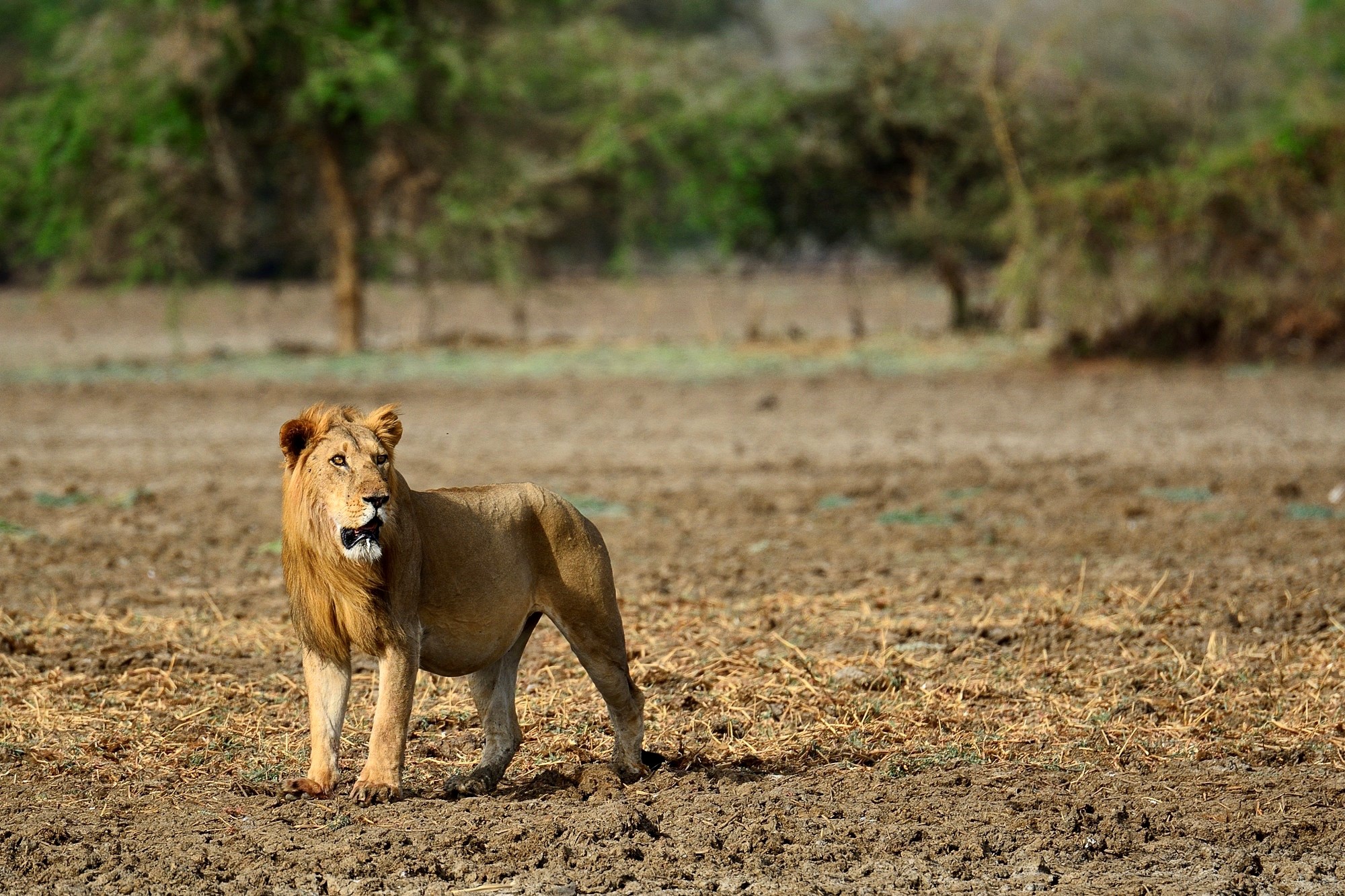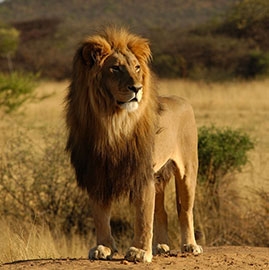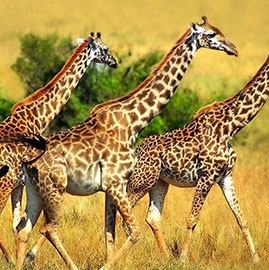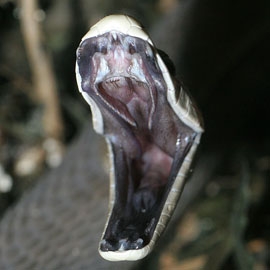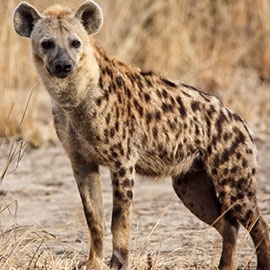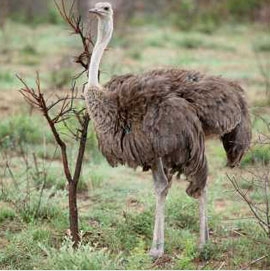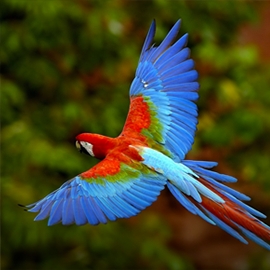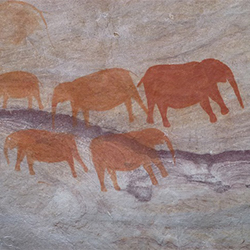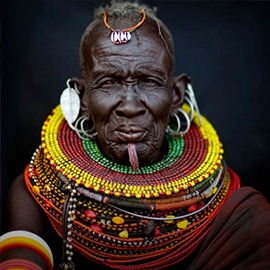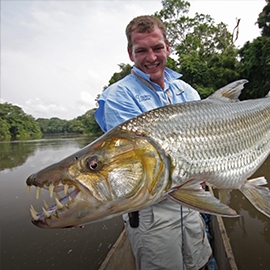Chad parks and game reserves
Chad is appealing for those wishing for an undeveloped tourism infrastructure.
Chad safari guide
Currency exchange
1 EUR = 655.96 XAF
1 GBP = 762.21 XAF
1 AUD = 422.06 XAF
Recommended vaccinations
Hepatitis A
Hepatitis A is a liver disease caused by the hepatitis A virus. The virus is primarily spread when an uninfected (and unvaccinated) person ingests food or water that is contaminated with the feces of an infected person. The disease is closely associated with a lack of safe water, inadequate sanitation and poor personal hygiene. Every year there are an estimated 1.4 million cases of hepatitis A worldwide. Hepatitis A vaccines are given in two doses. Anyone two years of age or older may receive the first dose. The timing of the second dose depends upon which manufacturer’s vaccine is administered. Both hepatitis A vaccines have pediatric and adult formulations.
- We recommend this vaccination when you go to:
- Botswana
- DR Congo
- Gabon
- Kenya
- Madagascar
- Malawi
- Mozambique
- Namibia
- Rwanda
- South Africa
- Tanzania
- Uganda
- Zambia
- Zimbabwe
- Chad
Hepatitis B
Hepatitis B is transmitted from one person to another through blood and body fluids, and primarily infects the liver. Worldwide, it is most commonly spread to infants by their infected mothers. Most people should get three doses of the hepatitis B vaccine. All newborns should receive a dose of hepatitis B vaccine at birth.
- We recommend this vaccination when you go to:
- Botswana
- DR Congo
- Gabon
- Kenya
- Madagascar
- Malawi
- Mozambique
- Namibia
- Rwanda
- South Africa
- Tanzania
- Uganda
- Zambia
- Zimbabwe
- Chad
MMR
Measles, mumps and rubella are highly infectious viruses that can have serious complications, including meningitis, swelling of the brain (encephalitis) and deafness. They can also lead to complications in pregnancy that affect the unborn baby and can lead to miscarriage. As a general rule, adults born before 1957 are considered immune to measles and mumps. For many adults born in 1957 or afterward, the MMR vaccine is advised. Most people who receive the MMR vaccine will have no problems from it. Others may have minor problems, such as soreness and redness where the shot was given, or fevers. Serious problems from receiving the MMR are rare.
- We recommend this vaccination when you go to:
- Botswana
- DR Congo
- Gabon
- Kenya
- Madagascar
- Malawi
- Mozambique
- Namibia
- Rwanda
- South Africa
- Tanzania
- Uganda
- Zambia
- Zimbabwe
- Chad
Typhoid
Typhoid (typhoid fever) is a serious disease. It is caused by bacteria called Salmonella Typhi. Typhoid causes a high fever, fatigue, weakness, stomach pains, headache and loss of appetite. Generally, people get typhoid from contaminated food or water. Typhoid strikes about 21 million people a year around the world and kills about 200,000. There are two vaccines to prevent typhoid. One is an inactivated (killed) vaccine administered as a shot; the other is a live, attenuated (weakened) vaccine which is taken orally (by mouth).
- We recommend this vaccination when you go to:
- Botswana
- DR Congo
- Gabon
- Kenya
- Madagascar
- Malawi
- Mozambique
- Namibia
- South Africa
- Tanzania
- Uganda
- Zambia
- Zimbabwe
- Chad
Yellow fever
Yellow Fever is a virus that is spread via the bite of a mosquito and is found in parts of Africa and in South America. It is a serious disease that may result in death if left untreated. The vaccination is a live, weakened version of the virus. People who will be travelling need to allot at least two weeks after their vaccination to ensure they do not develop any severe reactions to the vaccination. It is recommended to get vaccinated at least a month prior to departure. Upon receiving the vaccination, patients will receive a certificate that is good for 10 years. This certificate may be needed to gain entry into certain countries and should be kept with passports. It is now believed that a single vaccination is good for life.
- We recommend this vaccination when you go to:
- Botswana
- DR Congo
- Gabon
- Kenya
- Namibia
- South Africa
- Tanzania
- Uganda
- Chad
Voltage and plug type

Type D (220V)

Type E (220V)

Type F (220V)
About Chad
Chad is not a country that is readily associated with African safaris but, with its oldest national park—Zakouma—being jointly managed and run with African Parks, things are changing. It is the fifth-largest country in Africa, by area, after Algeria, DR Congo, Sudan and Libya and spans more than 15 degrees of latitude.
The large range makes for a wide variety of climates, topography and peoples. The Sahara covers much of northern Chad, where conditions are sunny, hot and arid for much of the year. Heading south, the climate changes from arid dessert to semi-arid tropical to tropical in the south, where conditions are sweltering and muggy, with an average temperature of 35C, for most of the year. The large latitudinal spread also makes this land-locked country in north-central Africa a crossroads of cultures, languages and peoples. Arabic and French are the official languages.
Chadian cuisine exemplifies the tapestry of cultures, with diets heavier in dairy—reflective of nomadic culture of the north, to spicy peanut stews in the south—reflective of local agriculture and culture. The Chadian diet has been purported to be one of the healthiest in the world. N’Djamena, its capital, lies in western Chad at the confluence of the Chari and Logone Rivers, near the border with Cameroon. Here, daily temperatures average between 30-40C. Conditions are oppressively muggy and wet May through October, with August being the wettest month. Lake Chad, the country’s largest body of water, lies about 130 km (80 miles) north of the capital. Chad was under French rule from the early 1900s until its independence in 1960, celebrated annually on August 11. It was known as Fort-Lamy from 1900 until 1973. The name was then changed to N’Djamena, meaning ‘place of rest’ in Arabic.
When to visit Chad
Although weather conditions are drier and sunnier in the north, the central part of the country’s dry season runs from around October through April. During this time, days are oppressively muggy and hot. In N’Djamena, the coldest day of the year is on January 5th, where the daily low is 15C and the high is 31C. Source: weatherspark
Established in 1963, Zakouma is Chad’s oldest and largest national park. It was first designated as a hunting reserve in 1958. Noting the high density of wildlife and wishing to conserve it, particular… read more
Most international travelers will enter Chad via the international airport in N’Djamena (NDJ). There are presently 12 direct flights to destinations in 8 countries. Flight connections. Countries with direct flights to N’Djemena are Cameroon, DR Congo, Egypt, Ethiopia, France, Nigeria, Sudan and Turkey.
The following airlines travel to Chad
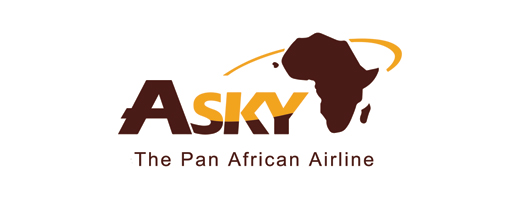
Asky Airlines is a passenger airline founded on the initiative of West African governments, and has its head office in Lomé, Togo. It operates across several West and Central African countries, operating out of its hub at Lomé-Tokoin Airport Visit website
Also flies to:




The French flag carrier. Air France, stylized as AIRFRANCE, is the French flag carrier headquartered in Tremblay-en-France,. It is a subsidiary of the Air France-KLM Group and a founding member of the SkyTeam global airline alliance. As of 2013 Air France serves 36 destinations in France and operates worldwide scheduled passenger and cargo services to 168 destinations in 93 countries (including Overseas departments and territories of France. Visit website
Also flies to:











The flag carrier airline of Egypt, based at Cairo. EGYPTAIR is one of the worlds pioneer airlines. Established in May of 1932, it became the seventh carrier in the world. Mission Create value for our customers, employees, owners & stakeholders. Vision Deliver competitive customer service with true Egyptian spirit. Visit website
Also flies to:







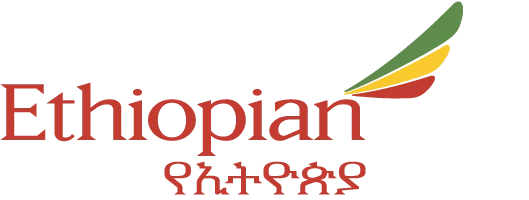
Ethiopian Airlines (Ethiopian) is the flag carrier of Ethiopia. During the past seventy plus years, Ethiopian has become one of the continent's leading carriers, unrivalled in Africa for efficiency and operational success, turning profits for almost all the years of its existence. Operating at the forefront of technology, the airline has also become one of Ethiopia's major industries and a veritable institution in Africa. It commands a lion's share of the pan African network including the daily and double daily east-west flight across the continent. Ethiopian currently serves 100 international and 21 domestic destinations operating the newest and youngest fleet. Visit website
Also flies to:















The national flag carrier airline of Turkey. Turkish Airlines, one of the most preferred leading European air carrier with global network coverage thanks to its strict compliance with flight safety, reliability, product line, service quality and competitiveness while maintaining its identity as the flag carrier of Turkey. Visit website
Also flies to:














